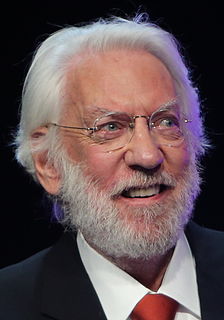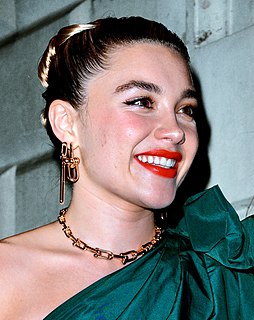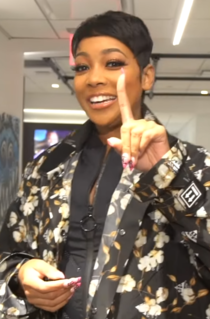A Quote by Henry Mancini
When someone asks me to do a score, I look at the picture two or three times. I never watch the rushes to pick up the mood as quickly as I can. If it's something I want to do, just watching the film will start the wheels turning.
Related Quotes
When you shoot a film, when it was film, there used to be rushes and normally a director would look at them the next day. All directors look at the rushes, except for Fellini. I asked him why he didn't and said, "Because it interrupts my fantasy." What he was trying to say was that he had a three-dimensional, vibrant, living, volatile fantasy going on in his head, and when he looked at rushes, they were two-dimensional and they killed it.
I love touring, I love making records, but eventually all I want...I want to score. I want people to ask me to score their film or use my songs in cinematic ways. I think the ultimate media is a story that you can watch and feel and have a musical moment to. I think it's my favorite. I love watching something when music is creating motion within the motion.
I'm not encouraging massive boycotts of turning off the news. That's what the left does. I'm just telling you my own personal experience. I'm just in a much better mood. I'm in a good mood anyway, but I'm in a much better mood day in and out. I look at things entirely differently not watching that crap. It's all I'm telling you.
Theatre is organic, film is not. Theatre you come every day and you work with a group of people and you're are all up for it and you all get to do the whole thing every night, be it two hours or three hours. In film you work in two or three minute bits and it's never in chronological order and then someone takes that away and makes it look like it all happened, or that you gave that performance.
Two or three years ago, every game I want to score. And after I score a goal I have a spark and I'm so happy I want more. Now I'mkind of different. I'm not saying I lost my spark - I still have it - but I don't chase the goal as much as I used to. I'm playing for the team andI still know I can score, but it's different than two or three years back.Look at great teams like Detroit a couple of years ago; they winthe Stanley Cup and guys only score 25 goals, nobody has a really big season. You have to play defense, that's how you win.
Well, people have been wondering what's going to happen to the novel for two hundred years; its death has been announced many times. You know, I think the novel keeps redefining the world we live in. What you should look for in a novel is a window nobody else is looking out of, that nobody else can look through. What you look for is a voice. You pick up a novel by someone such as Faulkner or Hemingway and you just read three pages and you know who wrote it. And that's what one should demand of a novelist.
Now, everybody knows the basic erogenous zones. You got one, two, three, four, five, six, and seven. ... OK, now most guys will hit one, two, three and then go to seven and set up camp. ... You want to hit 'em all and you wanna mix 'em up. You gotta keep 'em on their toes. ... You could start out with a little one. A two. A one, two, three. A three. A five. A four. A three, two. Two. A two, four, six. Two, four, six. Four. Two. Two. Four, seven! Five, seven! Six, seven! Seven! Seven! Seven! Seven! Seven! Seven! Seven! Seven! Seven! [holds up seven fingers]
There is a difference. You watch television, you don't witness it. But, while watching television, if you start witnessing yourself watching television, then there are two processes going on: you are watching television, and something within you is witnessing the process of watching television. Witnessing is deeper, far deeper. It is not equivalent to watching. Watching is superficial. So remember that meditation is witnessing.









































